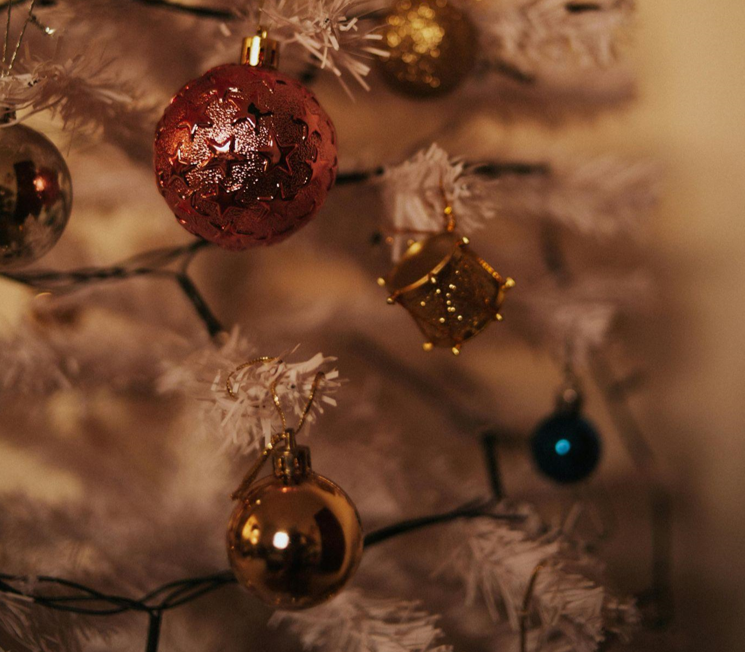Artificial Christmas Trees: The Right Wing’s Environmental Concerns
Artificial Christmas trees have been a hot topic for some conservatives and Republicans in recent years. The primary concern is the environmental impact of producing and disposing of these trees. Unlike real trees, artificial trees are made of plastic, which requires petroleum and is non-biodegradable, meaning it will remain in landfills for centuries. Some argue that the continued use of fake trees is a detrimental contribution to climate change, and as such, the use of real trees is more conservative and responsible.
Another perspective is that artificial trees have a financial advantage over real trees. Since fake trees can be reused for multiple years, they’re less expensive than buying a new fresh tree every year. Many conservative Americans take pride in their frugality and believe in making economically sound decisions. In their eyes, purchasing a real tree for one month of usage and then disposing of it is a waste of money.
The conservative mindset also places value on tradition, and for many families, cutting down a real tree is a time-honored tradition during the holiday season. Some conservatives view artificial trees as a symbol of consumerism and a deviation from historical customs.
Republicans and the Debate over Christmas Tree Certifications
In addition to concerns over the environmental impact of fake Christmas trees, there’s also been debate over the certification process for real trees. In 2011, the Obama administration suggested a 15-cent fee on fresh trees to pay for a promotional campaign to encourage consumers to buy them. The fee was part of a certification program for real trees, providing information on tree types, safety, and where they were grown. However, this proposal was heavily criticized by Republicans, who dubbed it the “Christmas Tree Tax” and saw it as another example of government overreach.
The Republican Party platform states that they oppose any legislation imposing fees or taxes on Christmas trees. They believe this monetary imposition sets an unfair standard for agricultural products and would negatively impact small business tree farms. They also argue that this type of government intervention would result in more bureaucracy, further hindering innovation and productivity within the agricultural industry.
In conclusion, artificial Christmas trees have sparked a political debate amongst some conservatives and Republicans due to their environmental impact and economic advantages. Many see real trees as a more traditional and environmentally conscious option, while others view fake trees as more logical and frugal. Both sides of this debate agree that Christmas trees symbolize the holiday spirit and an opportunity to come together with family and friends. As such, this conversation will continue for years as politics, environmentalism, and tradition intersect in the world of holiday decorations.

